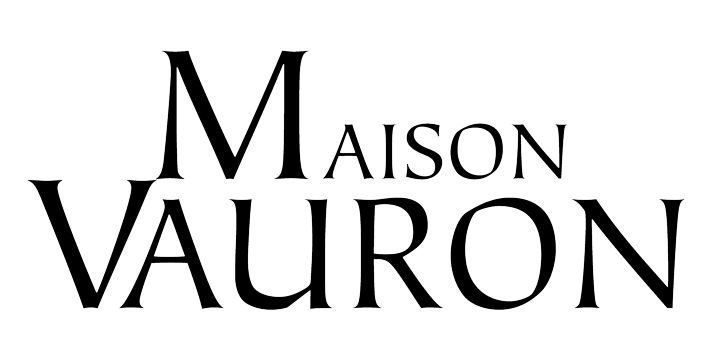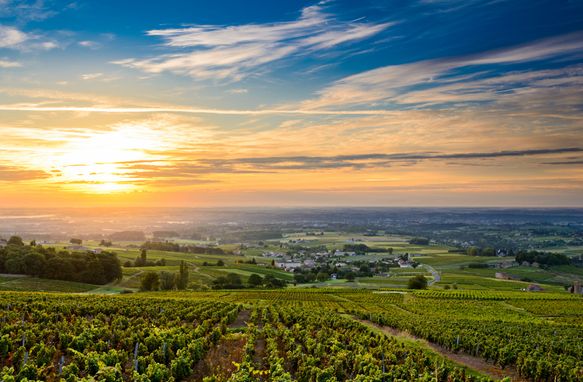Natural wines - Let Scott tell you more!
Natural Wines – The Maison Vauron Perspective
We’re not huge fans of no sulphur wines but we are massive fans of natural wines. 'Natural' is quite a vague term, difficult to define, but in its broadest sense, it refers to wines that are made with care and respect - for you and the environment. It covers organic, biodynamic, and sustainably produced wines.
This can be broken down into different parts but it’s mainly about minimal intervention.
In the vineyard - this invariably means organic or biodynamic farming.
In the winery - indigenous yeasts plus no acid, tannin, enzymes, or any other chemical addition and usually no sulfur added. Also no manipulation with modern processes i.e. reverse osmosis.
In the bottle – as little done as possible between tank and bottle, often meaning no filtration or fining and the addition of as little, if any, sulfur (total sulfur = <50ppm - parts per million).
There is a misconception about sulphur (all wines contain up to 20ppm created naturally during the fermentation process), and we agree there should be minimal addition but without this, they can be inherently unstable, particularly when shipped over long distances.
Although there have always been producers who have followed this philosophy, the roots of the modern-day natural movement were founded in Beaujolais in the 1950s. It was at this time when chemical fertilizers and pesticides were being used on an industrial scale, that Jules Chauvet first spoke out for “Natural wine”, harkening back to the traditional methods of Beaujolais. Chauvet was a winemaker, a researcher, a chemist, and a viticultural prophet who by the 1980s, had picked up a number of disciples including Marcel Lapierre, Guy Breton, Jean-Paul Thevenet and Jean Foillard – now recognized as Beaujolais greatest producers, and nicknamed the Gang of Four by Kermit Lynch.
Today over 30 years later, every young winemaker in Beaujolais is following their path. The movement has spread to every part of France with new hotbeds of innovation in the Loire Valley and the Roussillon. And the tentacles have spread even further to all parts of the wine world.
Unlike Organic and Biodynamic wines, there are no codified international standards for natural wines, with interpretation of the above guidelines varying hugely. It has become a very emotive topic for many winemakers and consumers alike.
There is a caveat though, we feel some are pushing the envelope a little too far and creating wines which do not speak of the grape or where it was grown, but have simply crossed over the line that divides good and faulty. This has created the anomaly that the best Natural wines are sublime, and the worst are undrinkable.
Who is right? In the end, it is you the drinker who will decide.
If you would like to some bottles for yourself, check out our special 6 pack here.

